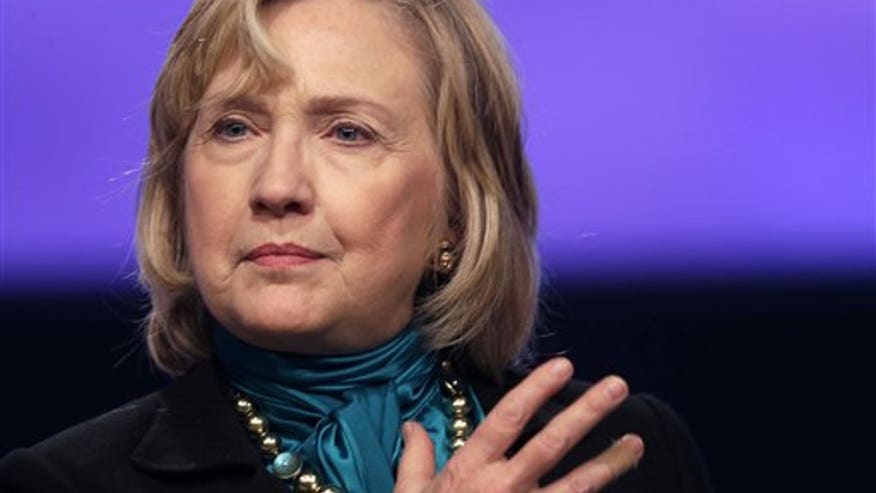More about Soros, the puppet master of the Democratic party. He was convicted of insider trading in France when his appeal failed in 2011. Here is more about him:
[h=3]Currency speculation[
edit][/h]On September 16, 1992,
Black Wednesday, Soros' fund
sold short more than $10 billion in
pounds,[SUP]
[25][/SUP] profiting from the UK government's reluctance to either raise its interest rates to levels comparable to those of other
European Exchange Rate Mechanism countries or to
float its currency.
Finally, the UK withdrew from the European Exchange Rate Mechanism,
devaluing the pound. Soros's profit on the bet was estimated at over $1 billion.[SUP]
[31][/SUP] He was dubbed "the man who broke the Bank of England".[SUP]
[32][/SUP] In 1997, the
UK Treasury estimated the cost of Black Wednesday at £3.4 billion.
On Monday, October 26, 1992,
The Times quoted Soros as saying: "Our total position by Black Wednesday had to be worth almost $10 billion. We planned to sell more than that. In fact, when
Norman Lamont said just before the
devaluation that he would borrow nearly $15 billion to defend sterling, we were amused because that was about how much we wanted to sell."
Stanley Druckenmiller, who traded under Soros, originally saw the weakness in the pound. "Soros' contribution was pushing him to take a gigantic position."[SUP]
[33][/SUP][SUP]
[34][/SUP]
In 1997, during the
Asian financial crisis, the Prime Minister of Malaysia
Mahathir bin Mohamad accused Soros of using the wealth under his control to punish the
Association of Southeast Asian Nations (ASEAN) for welcoming
Myanmar as a member. Following on a history of
antisemitic remarks, Mahathir made specific reference to Soros' Jewish background ("It is a Jew who triggered the currency plunge"[SUP]
[35][/SUP]) and implied Soros was orchestrating the crash as part of a larger Jewish conspiracy. Nine years later, in 2006, Mahathir met with Soros and afterwards stated that he accepted that Soros had not been responsible for the crisis.[SUP]
[36][/SUP] In 1998's
The Crisis of Global Capitalism: Open Society Endangered Soros explained his role in the crisis as follows:
The financial crisis that originated in Thailand in 1997 was particularly unnerving because of its scope and severity. ... By the beginning of 1997, it was clear to Soros Fund Management that the discrepancy between the trade account and the capital account was becoming untenable. We sold short the Thai baht and the Malaysian ringgit early in 1997 with maturities ranging from six months to a year. (That is, we entered into contracts to deliver at future dates Thai Baht and Malaysian ringgit that we did not currently hold.) Subsequently Prime Minister Mahathir of Malaysia accused me of causing the crisis, a wholly unfounded accusation. We were not sellers of the currency during or several months before the crisis; on the contrary, we were buyers when the currencies began to decline – we were purchasing ringgits to realize the profits on our earlier speculation. (Much too soon, as it turned out. We left most of the potential gain on the table because we were afraid that Mahathir would impose capital controls. He did so, but much later.)[SUP]
[37][/SUP]
The nominal U.S. dollar
GDP of the ASEAN fell by $9.2 billion in 1997 and $218.2 billion (31.7%) in 1998.
Economist
Paul Krugman is critical of Soros' effect on financial markets.
"[N]obody who has read a business magazine in the last few years can be unaware that these days there really are investors who not only move money in anticipation of a currency crisis, but actually do their best to trigger that crisis for fun and profit. These new actors on the scene do not yet have a standard name; my proposed term is 'Soroi'."[SUP]
[38][/SUP]












